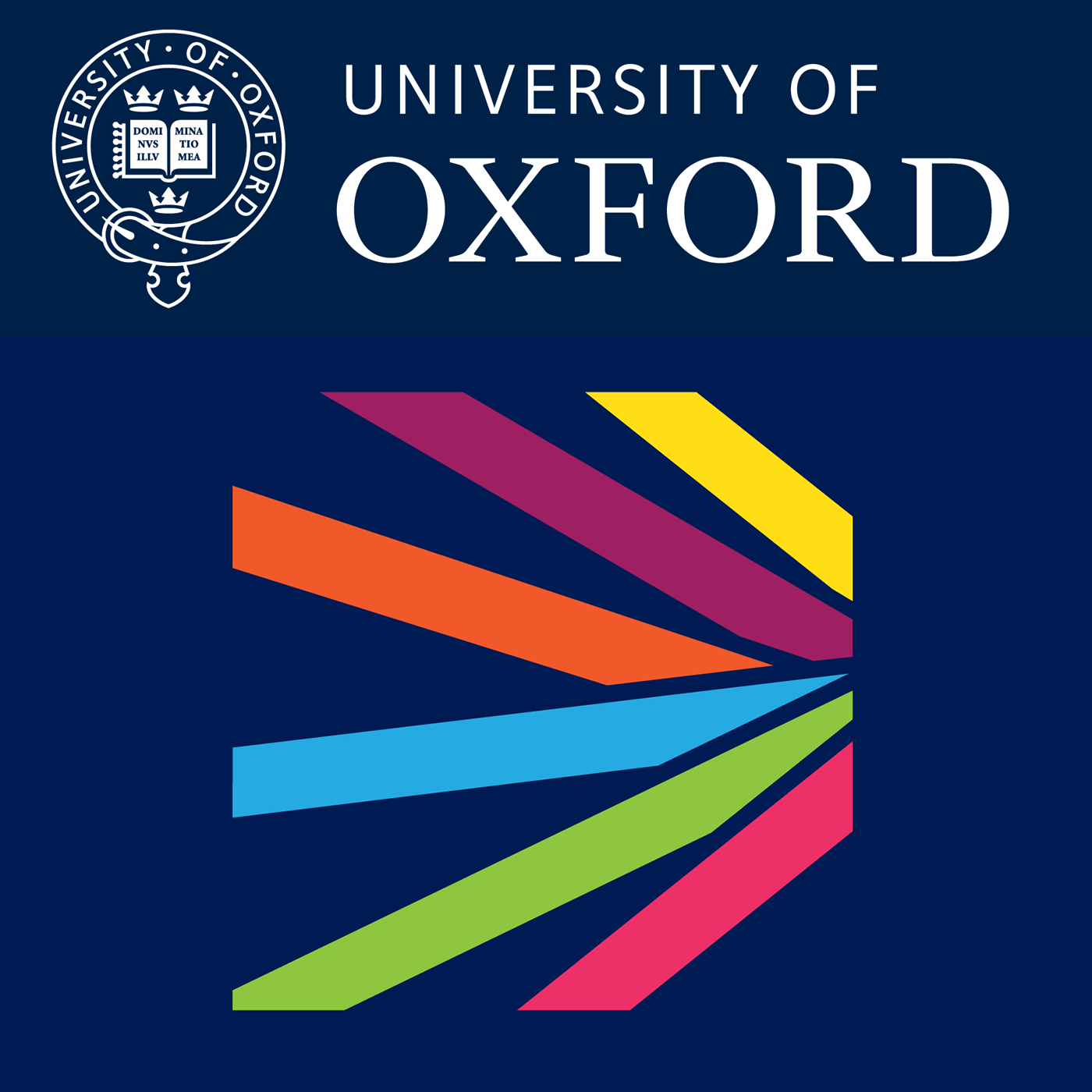The Terra Lectures in American Art: Part 4; Performing Innocence: Baby Nation
Description
Professor Emily C. Burns, Terra Foundation Visiting Professor in American Art, gives the fourth in the series of The Terra Lectures in American Art: Performing Innocence: US Artists in Paris, 1865-1914. Content Warning: This talk will include references to historic racist language and imagery. Viewer discretion is advised.
Performing Innocence: Baby Nation
Moderator: Professor Alastair Wright, Associate Professor in the History of Art, St John's College
Between the end of the US Civil War and the start of World War I, thousands of American artists studied and worked in Paris. While popular thought holds that they went to imbibe culture and attain artistic maturity, in this four-part lecture series, Professor Emily Burns explores the various ways that Americans in Paris performed instead a cultural immaturity that pandered to European expectations that the United States lacked history, tradition, and culture. The lectures chart knowing constructions of innocence that US artists and writers projected abroad in both art practice and social performance, linking them to ongoing conversations about race, gender, art making, modernity, physio-psychological experience, evolutionary theory, and national identity in France and in the United States. Interwoven myths in art and social practice that framed Puritanism; an ironically long-standing penchant for anything new and original; primitivism designed by white artists’ playing with ideas of Blackness and Indigeneity; childhood’s incisive perception; and originary sight operated in tandem to turn a liability of lacking culture into an asset. In analyzing the mechanisms of these constructions, the lectures return to the question about the cultural work these ideas enacted when performed abroad. What is obscured and repressed by mythical innocence and feigned forgetting?
Abstract:
French artists often referred to US artists and art as their offspring. In the context of French declining birthrates, cultural fecundity absorbed the anxieties about a decline of French culture in the name of superiority. The final lecture analyzes how US artists in Paris took up the child as a motif and mantra that reinforced or rejected the narrative of French artistic parentage. While Edwin Blashfield and Henry Ossawa Tanner, both artists invested in the French academy system, framed dutiful tutelage, Mary Cassatt, Cecilia Beaux, and Ellen Emmet Rand instead probed burgeoning ideas in psychology about the child to frame independent and precocious children. These modern children modeled artistic independence echoed in these painters’ aesthetic experimentation, mirroring the conceit framed by Henry James’s depiction of his child character in What Maisie Knew as “flattening her nose upon the hard window-pane of the sweet-shop of knowledge.” Cartoons related to the War of 1898 suggest the fungible nature of this position; while playing youthful in the context of Europe, Americans adopted the aged Uncle Sam in rendering their colonized subjects as the children as they moved to outgrow their longstanding dependence on Parisian art practice.
Biographies:
Emily C. Burns is an Associate Professor of Art History at Auburn University where she teaches courses on eighteenth- and nineteenth-century American, Native American, and European art history. Her publications include a book, Transnational Frontiers: the American West in France (University of Oklahoma Press, 2018), which analyzes appropriations of the American West in France in performance and visual and material culture in the tripartite international relationships between the United States, France, and the Lakota nation between 1867 and 1914, as well as journal articles, exhibition catalogue essays, and book chapters related to art and circulation, US artists in France, and American impressionism. She is currently completing a co-edited vol
More Episodes
Contemporary poets read from their translations of the Purgatorio and from their poems about Dante. After Dante: Poets in Purgatory, edited by Nick Havely with Bernard O'Donoghue, was published by Arc Poetry in July and marks the 700th anniversary of the poet's death in exile at Ravenna on 14...
Published 12/17/21
Published 12/17/21
A Climate Crisis Thinking in the Humanities and Social Sciences event. Shifting the question from ‘how should climate change be put into the curriculum?’ to ‘how does it transform the curriculum?’ opens up the subject in new ways across the world. How does it change the way in which each subject...
Published 12/15/21


